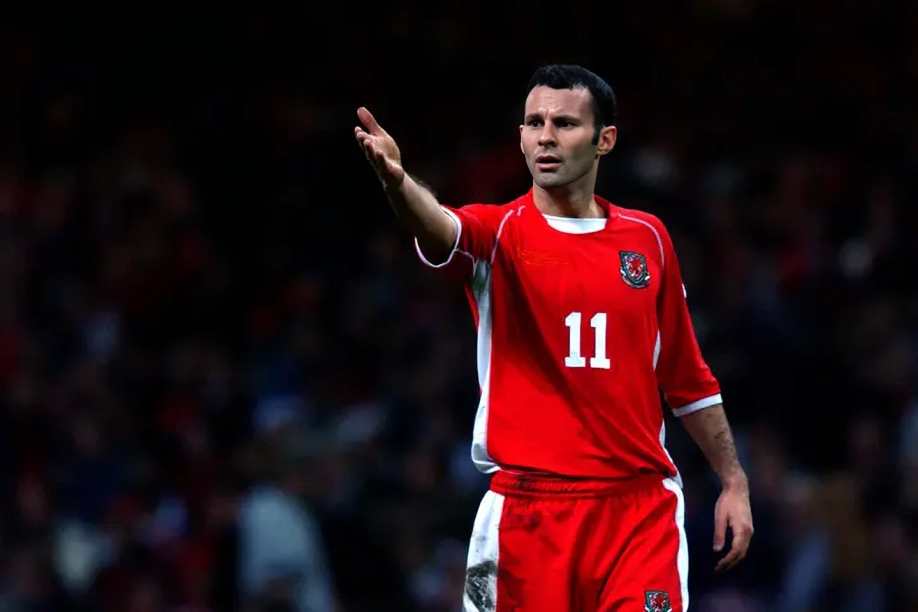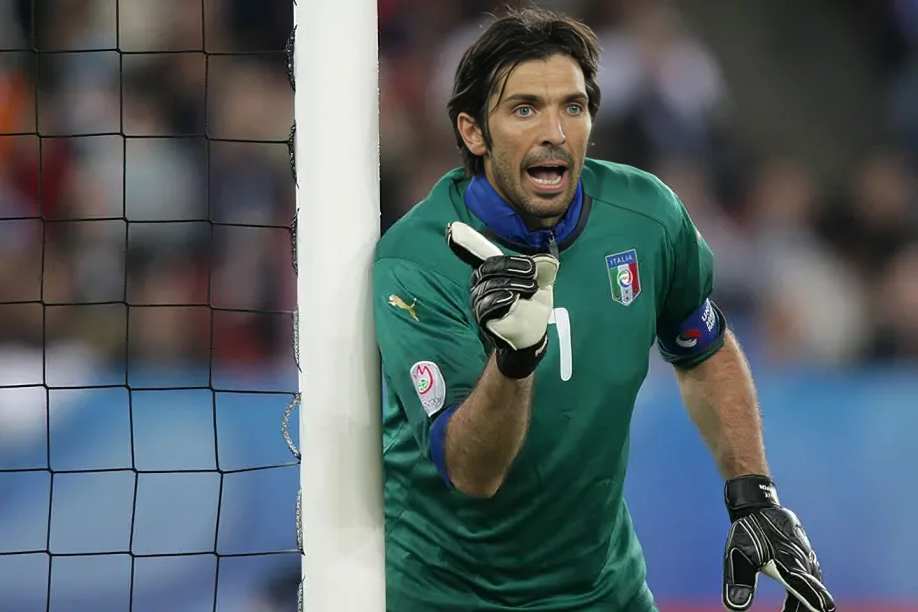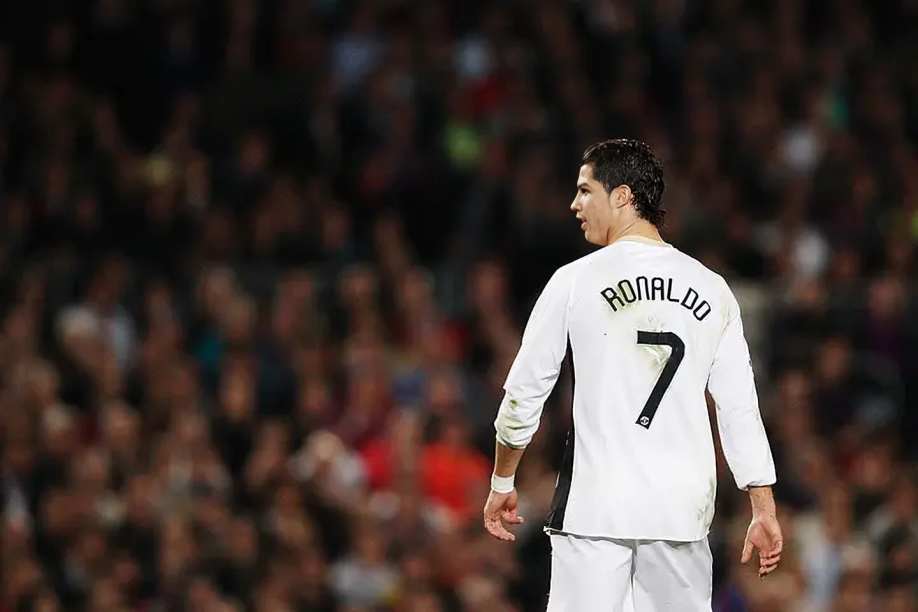Soccer players can be easily identified on the pitch by their jersey numbers. Some of these figures are significantly more important than others; some are only placeholders for a roster spot. This article identifies the best jersey numbers in soccer and what they mean to players and fans.
5. Number 11

The iconic No. 11 jersey is often associated with wingers and wide midfielders, symbolizing a blend of privilege and technical proficiency. While these players may not always exhibit flamboyant flair, they excel in their roles, frequently receiving the ball in deeper positions before surging forward to spearhead attacks.
Among the legendary figures to wear the No. 11, Ryan Giggs stands out as a true icon. The Manchester United stalwart, renowned for his record number of appearances, etched his name in football history. The Welshman played a pivotal role in securing some of the sport’s most coveted honors, consistently delivering crucial goals and performances during his illustrious career.
4. Number 1

Italian goalkeeper Gianluigi Buffon in action during the EURO 2008 Group C preliminary round match against France at the Letzigrund Stadium in Zurich, Switzerland. (Photo: Sampics/Source: Getty Images) The number 1 jersey, traditionally worn by the starting goalkeeper, holds a special place in soccer. It symbolizes the pivotal role of the goalkeeper, a position synonymous with leadership, skill, and reliability on the field.
The goalkeeper’s role may appear straightforward—stop the opposition from scoring—but it is among the most critical and specialized positions on the pitch. As the only player permitted to use their hands within the 18-yard box, a skilled goalkeeper is invaluable to any team. Legends like Gianluigi Buffon have epitomized the art of goalkeeping, donning the iconic No. 1 jersey with distinction. Over a storied career, Buffon led his teams to numerous titles and recorded countless clean sheets. Other greats who have graced the No. 1 shirt include Petr Čech, Oliver Kahn, Manuel Neuer, and Peter Schmeichel.
3. Number 10

Lionel Messi of Argentina is seen looking up during the FIFA World Cup 2026 Qualifier match against Brazil on November 21, 2023, in Rio de Janeiro, Brazil. (Photo by Marco Galvão/Getty Images)
The No. 10 jersey carries a legacy similar to that of the No. 8 shirt, symbolizing creativity, flair, and scoring prowess. Typically worn by gifted playmakers, the No. 10 often belongs to an offensive midfielder or a second striker—players known for their sophisticated goal-scoring abilities.
While the roles of a No. 8 and No. 10 share some similarities, the distinction lies in their offensive output. A No. 10 is expected to deliver a higher tally of goals, playing a pivotal role in the attacking phase. In a two-striker system, the No. 10 usually operates just behind the main forward, aiming to exploit defensive gaps and capitalize on opportunities by staying close to the defenders’ shoulders.
2. Number 9

During a Premier League clash between Manchester United and Middlesbrough at Old Trafford on December 31, 2016, Zlatan Ibrahimović showcased his prowess. Known for his commanding presence and clinical finishing, the Swedish forward exemplified the role of a classic No. 9. (Photo: James Baylis, Source: Getty Images)
The No. 9 jersey is synonymous with the central striker, whose primary duty is to score goals and seize opportunities as the team presses forward. Strikers often vary in style; some, like Ibrahimović, combine physicality with finesse, using their size and strength to dominate opposing defenders.
Currently, the most recognized No. 9 in the world is Erling Haaland. Since joining Manchester City, he has become a pivotal figure, leading the Premier League scoring charts with his relentless goal-scoring abilities.
The No. 9 jersey holds a legendary status in football, often linked to the greatest goal-scorers of all time. Fans fondly remember Brazil’s Ronaldo Nazário, arguably the finest striker ever. Other iconic figures to don the jersey include Alfredo Di Stéfano, Marco van Basten, Hugo Sánchez, Alan Shearer, Zlatan Ibrahimović, and Karim Benzema.
1. Number 7

Cristiano Ronaldo of Manchester United during the UEFA Champions League Semi-Final against Barcelona on April 23, 2008, in Barcelona, Spain. Photo: Jasper Juinen, Source: Getty Images
The number 7 jersey is arguably the most iconic number in football, embodying flair, skill, and leadership. Typically donned by a team’s standout player, often a winger or forward, the number 7 symbolizes dynamism on the field. Players wearing it are expected to dazzle fans with their creativity, contribute decisively in attack, and exert influence over critical moments of the game.
The role of a number 7 is not merely to entertain but also to be a game-changer, using their exceptional skill to break through defenses and seize crucial opportunities. However, this prominence often comes with a reputation for self-assuredness, sometimes even being labeled as egotistical for prioritizing personal brilliance over teamwork.
At Manchester United, the number 7 shirt has been immortalized by legends like Cristiano Ronaldo, George Best, Bryan Robson, and Eric Cantona. Their legacy has made this jersey synonymous with excellence, pressure, and an undying pursuit of greatness.
